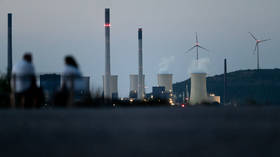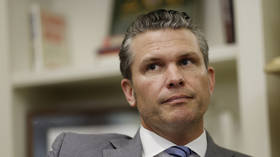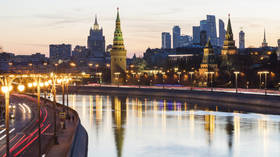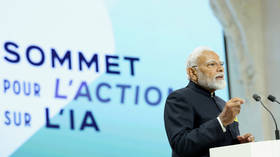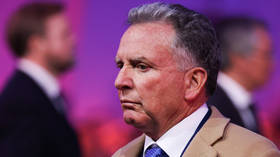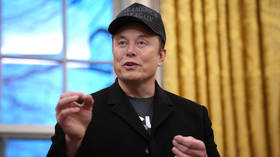Germany’s energy plan could cost more than it saves – media
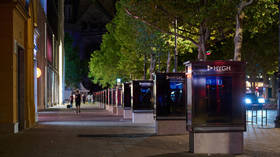
Germany’s newly approved directive to turn off outdoor advertising at night to save energy might end up costing more than leaving the illumination on, Die Welt newspaper reported on Saturday, citing the German Association for Out of Home Advertising (FAW).
Under the new rules, set out by Economics Minister Robert Habeck, illuminated billboards and neon signs across Germany have to be switched off at night and for most of the day (between 10 pm and 4 pm) starting from September 1.
However, FAW managing director Kai-Marcus Thäsler told Die Welt that the measure will be difficult to implement.
“By far the largest part of the systems affected are advertising signs that have so far been equipped with an automatic twilight function. This twilight control must now be replaced by an electrician with a timer on each individual sign,” he said.
Thäsler explained that his organisation lacks the funds, materials and skilled workers to quickly carry out the work, and that the lighting in outdoor advertising systems is a heat source which prevents the display panels from fogging up and freezing over.
“In order to prevent permanent damage, heating systems would have to be installed instead of the lighting, but their energy requirements would be many times greater,” he stated.
Furthermore, the sheer number of illuminated billboards – around 92,500 – will make the process of converting them to the new standards time-consuming, and may not be complete before the ban expires in February 2023.
The advertising association chief also noted potential impact on profits, as billboards are “one of the most energy-efficient media.”
“Every euro of advertising that would be shifted from [outdoor advertising] to other media as a result of the regulation would run counter to the objectives of the regulation,” Thäsler warned, noting that “it is already clear that the costs for the described technical conversion of the advertising media, both in terms of energy consumption and the investments required, will far exceed the savings that can be achieved.”
According to the Economics Ministry, the ordinance should cut around 2% of energy consumption. However, the FAW chief said the true figure cannot be calculated, as energy consumption by advertising boards is a trade secret.
For more stories on economy & finance visit RT's business section
